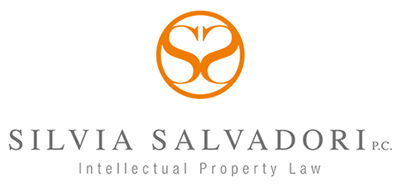What’s the Risk with Alice?
 In June of 2014, the Supreme Court of the United States decided on Alice Corp. v. CLS Bank International, a case relevant for the patentability of the claims under 35 U.S.C. 101.
In June of 2014, the Supreme Court of the United States decided on Alice Corp. v. CLS Bank International, a case relevant for the patentability of the claims under 35 U.S.C. 101.
The U.S. Supreme Court affirmed the invalidity of Alice’s patent claims directed to a computer-implemented method of reducing settlement risk. The claims were held invalid under 35 U.S.C. 101. The framework for the Supreme Court analysis was the Mayo v. Prometheus case in which the justices applied a two-prong test.
Under Mayo, the first question was whether the claims at issue were directed to one of the patent-ineligible concepts such as laws of nature, natural phenomena and abstract ideas.
If the answer was yes, the second prong required to determine whether the claims were directed to “significantly more” than just the patent-ineligible concept(s).
That is, if the answer to the first prong was no, then, no further steps were necessary.
But on the other hand, if the answer to the first prong was yes, then the second prong required to analyze whether additional elements in the claim could transform the claimed subject matter from being patent ineligible to being patent-eligible.
In Alice, the Court held that the claims were directed to an abstract idea and that they did not do anything more than implement the abstract idea on a generic computer. Moreover, there was nothing more in the claims that would have rendered the abstract idea patentable under the 101 statute.
The problem in this case is that it still does not give a well-defined standard for what is an ‘abstract idea’ and what ‘significantly more’ means.
What is clear is that if the claims are directed to a method for implementing a longstanding practice on a computer, the claims are invalid. Even improving the speed or efficiency would not be enough unless a “new functionality” is included into the claim.
Unfortunately, this opinion goes beyond business methods because the analysis can be (and is) applied to many different subject matters.
In fact, the governing framework of this ruling was not just Bilski, another case in which a business method patent was held invalid, but Mayo v. Prometheus, a case involving a patent with claims directed to processes that help doctors determine whether the used concentrations of thiopurine drugs were too low or too high. In the Court view, the claims were directed to a law of nature and thus were unpatentable.
How has Alice affected you?
 Silvia Salvadori, PhD.
Silvia Salvadori, PhD.
www.salvadorilaw.com
www.salvadorilaw.com/blog
silvia@salvadorilaw.com
(212) 897-1938
